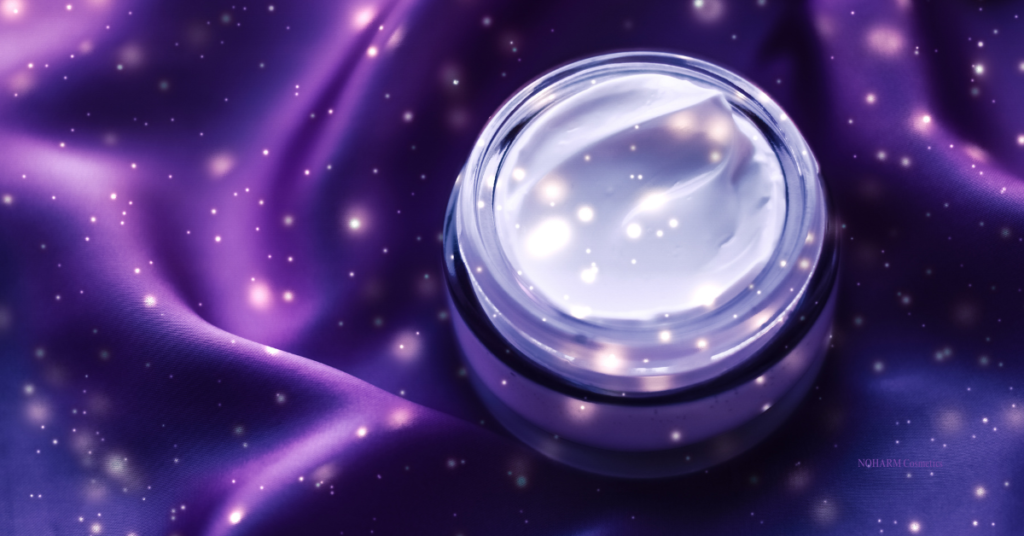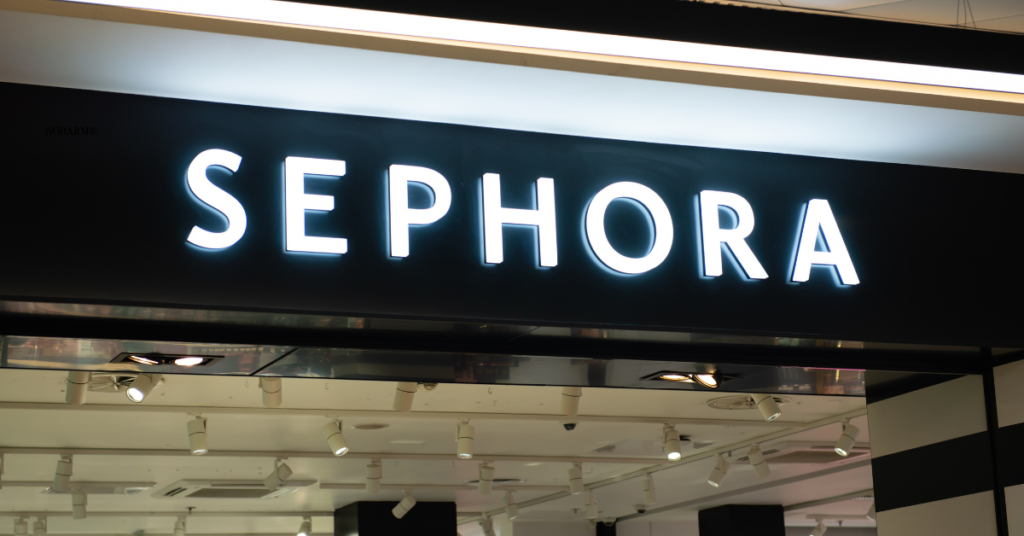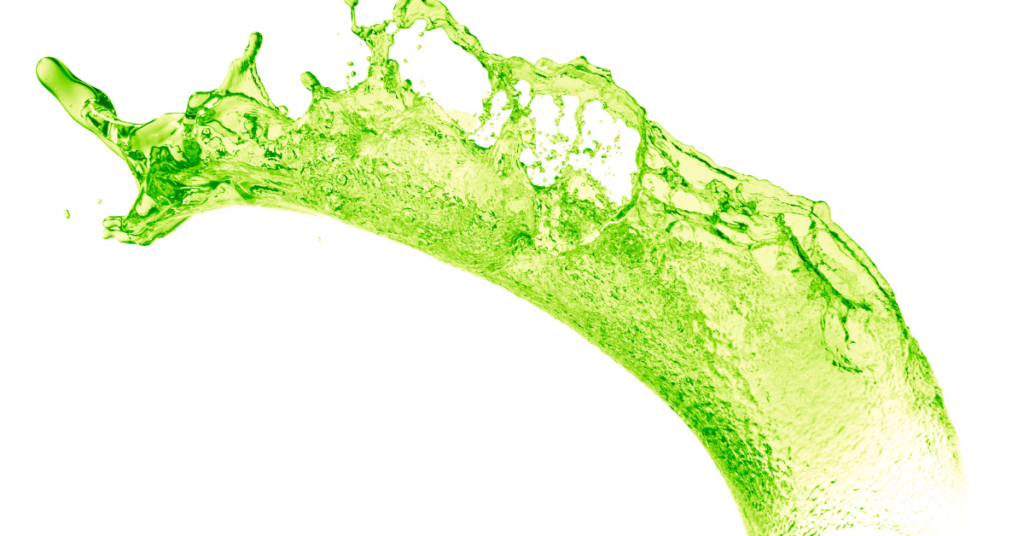The beauty industry is undergoing rapid change, with new technologies like AI at the forefront of transforming how skincare, makeup, and personal care products are developed, marketed, and consumed. Recently, the British multinational holding company WPP (the largest advertising agency with a vast global reach in the beauty industry), has been featuring the following statement on its website:
PRODUCING THE FUTURE: AI is reshaping how we imagine, create, and consume.
This kind of influence raises important questions about the ethical responsibilities of global advertisers, especially as AI blurs the lines between innovation and manipulation.
WPP and the Power of Advertising Agencies
Behind much of the marketing and advertising that defines the beauty industry, four multinational advertising agencies hold considerable influence. These include the aforementioned British multinational WPP (which, funnily enough, stands for Wire and Plastic Products) is the world’s largest advertising and marketing firm, alongside Omnicom, Publicis, and IPG.
WPP handles the advertising for some of the biggest names in beauty, including Estée Lauder, Procter & Gamble, Unilever, and Coty. These agencies have the power to create demand for products driving the cycle of consumerism and waste. Often, these campaigns emphasize sustainability and eco-friendliness, but there are valid concerns that these messages are little more than greenwashing, offering superficial solutions rather than addressing the root causes.
The Vulnerability of Gen Z and Gen Alpha Consumers
Generation Z (born between the mid-1990s to the early 2010s) and Generation Alpha (born from 2010 onward) are especially vulnerable to the persuasive power of these advertising campaigns. As the most active demographics on social media, they are constantly exposed to AI-driven content designed to engage, influence, and convert them into consumers. Case in point, Connecticut’s Attorney General, William Tong, has launched an investigation into Sephora’s marketing strategies targeting tweens and teens.
What’s concerning is how subtle and pervasive this influence can be. AI algorithms on platforms like Instagram and TikTok use highly personalized data to craft ads and posts that feel organic, blurring the lines between real life and marketing. This makes it harder for consumers, especially younger ones, to recognize when they are being sold to.
The Power of Human Intelligence Over AI Influence
While AI offers new ways to enhance the beauty experience, it should never overshadow the importance of products that genuinely prioritize people and the environment over profit.
The Role of Clean Beauty
In this context, the need for clean beauty products has never been more urgent. Products that are free from harmful toxins, that don’t contribute to plastic pollution, and that prioritize ethical sourcing are crucial for protecting both personal health and the environment. As AI tools continue to evolve, so too will the strategies used to market these products, making it even more important for consumers to be aware of the influence that advertising agencies and AI-powered platforms have on their purchasing decisions.




